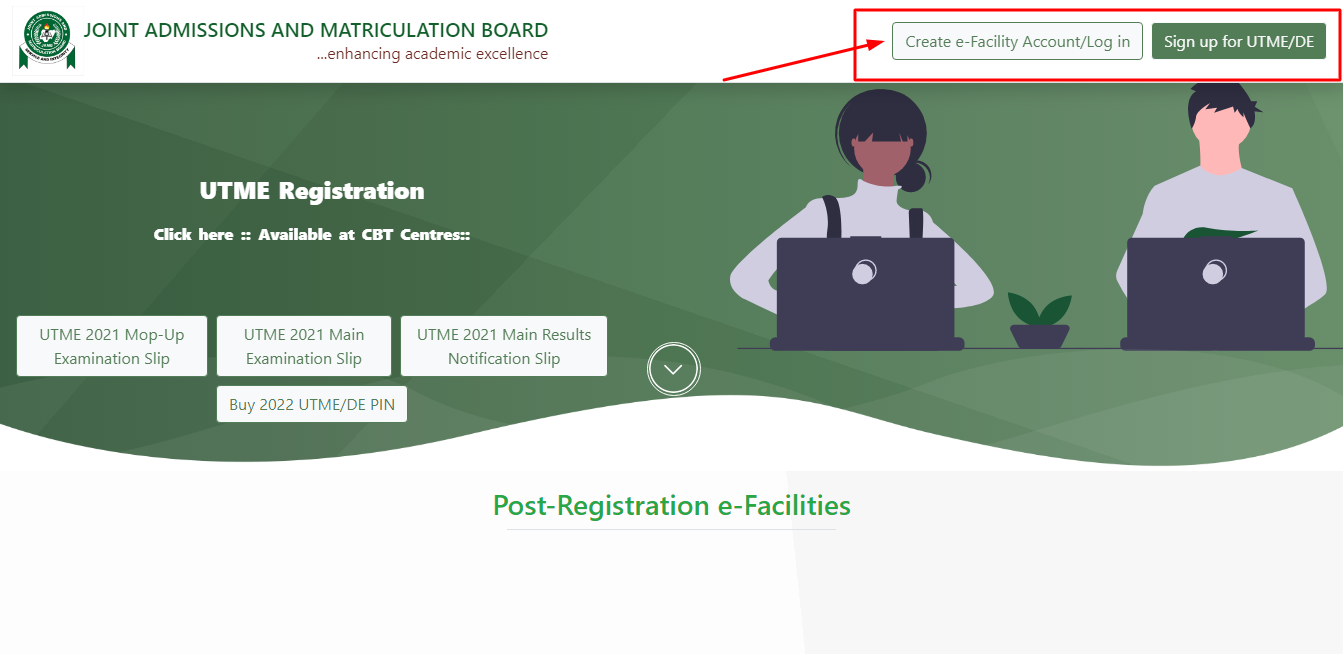Tenses | JAMB Lexis and Structure: what are tenses, How can I answer JAMB Use of English Questions on Tenses correctly, what are the different types of tense?.
In Today’s lecture you will learn all you need to know about Tenses

…how you can effectively answer tenses questions in use of English and important textbooks you can use for your effective English Exam preparation. Enjoy!
I know you are exited to see this, well, that’s what friends are for right?, all you have to do from your end is to take a glass of water, chill and read through diligently for easy grasping…
Read Also: How To Pass JAMB 2024/2025 With High Score (300+ Pro Tips)
ARE YOU ON TELEGRAM? Subscribe To My Telegram Channel For Frequent Updates & Guide by clicking the "SUBSCRIBE NOW" button below.
Before we begin in-dept, we must understand what Tenses is all about, basic definition and concept behind its Usage.
Tenses
Tenses denotes the time an action takes place, whether sometime in the past, in the present or will take some time in the future. It refers to the relationship between an action and the period/time of its execution.
If something happened yesterday, the verb to be used will be quite different from the one used for an action that will take place in the futures. Before going further into tenses, we need to briefly talk about time, so we can get a clearer picture.
Time
Time itself is seen as a Universal concept with three dimension: Past time, present time and Future time, that is, it has either occurred, or occurring.
In same way Tenses can be represented, tenses can also be Past tense, Present or Past participle, hence, you can say Tense is the correspondence between the finite verb forms and any of the three (3) divisions of time.
Type Of Tenses
From the above, we see that there are basically three (3) types of tenses, which are;
- Present Tense – example. Is, am, has/have
- Past Tense – e.g. were, gone, went, carried e.t.c
- Past participle – this can take various forms:
- en, e.g. beat, beat, beaten
- unchanged, e.g. hit, hit, hit
- ed, e.g. walk, walked, walked
- changed, e.g. seek, sought, sought
- present and past participle, the same, e.g. come / came / come
Verbs that take ‘ed’ at the past and past participle levels are referred to as regular verbs. Those that take other forms are called irregular verbs
Now, If you observe from the list above, there is no Future tense right?, well you will understand the reason for this shortly.
Future Time
There is no finite verb form that corresponds with future time but English has different ways of referring to future time. Therefore, it would be safe to say that there is no future tense in English.
Where students often get it wrong is that the modal auxiliaries “Shall” and “Will” are regularly used to refer to future time.
Some Examples of Present, Past and Past participle Tenses
| Present Tense | Past Tense | Past Participle |
| Abide | Abided | Abode |
| Arise | Arose | Arisen |
| Awake | Awoke | Awoke |
| Be | Was/were | Been |
| Bear | Bore | Borne |
| Beat | Beat | Beaten |
Reference Materials
- A-Z in english by Dele Ashade
- JAMB Use of English Past Question
This will be all for now, I understand you may have a question or two to ask, feel free to drop them using the comment box below!
Ensure to share this with your friends on Facebook, Whatsapp, or any other social media network you can connect them with…
Related Searches...
a. Jamb English tutorial
b. Jamb Concord
c. download lexis and structure textbook
d. lexis and structure questions for junior secondary school


